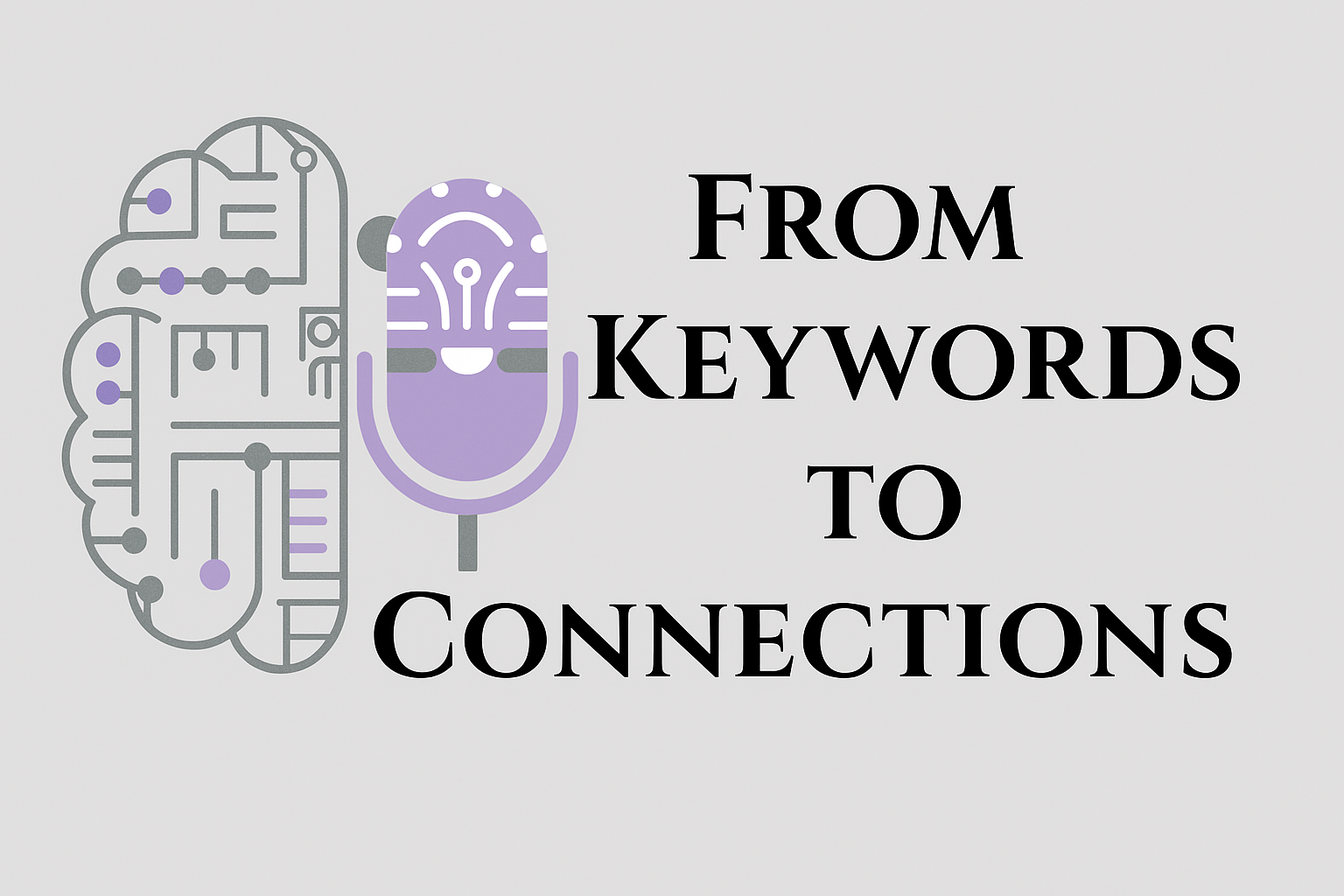I am going to be completely honest here. For as long as I can remember, even in my childhood, my self-worth has been inexorably tied to my productivity. If only I could do more, be more, or accomplish more, would I have done “enough” to be liked, valued, and loved by the people around me? This is something I learned in my early formative years with parents who were not supportive or loving towards me. Frequently tossed aside or left to my own devices, I began to realize that the more I did, the more I received praise and attention. Thus, the cycle that I have been trying to break for years began. Don’t get me wrong, I have made progress. Logically, I know this is flawed thinking, but on a deeply emotional level, I still believe it to be true.

The Impact of Hustle Culture on My Life as a Business Owner
So what does this have to do with my life now, as a small business owner? Outwardly, I probably look like I am living the dream. I run a business that I am passionate about, doing something that I love, and working for myself. However, inwardly, it never feels like I am doing enough, and self-doubt lingers in my mind far too often. As a result, I push myself to be constantly productive, rarely taking breaks or allowing time for myself. And as I wrote in my last blog, this path leads to one thing: burnout. Yet still, I push myself to the limit, burning the candle at both ends, convincing myself that if I just do a little more, I will feel like I have done enough.
The Toxicity of Hustle Culture
I think our society perpetuates this concept as well. The whole “hustle culture” mentality has taken over. This idea that relentless work, productivity, and constant self-improvement are the only ways to get ahead places work above everything else and ties our productivity to our identity—a concept I completely understand. We are a society that equates long hours with success and glorifies the grind because we place ambition and high achievement on a pedestal that we tell ourselves we should be striving for.
Many employers encourage this mentality, pushing employees to do more and more in shorter time frames with fewer resources. The expectation to always be available, to work beyond business hours, and to prioritize work over well-being is ingrained in many industries. Unfortunately, little acknowledgment is given to the toll this takes on mental health. People are working themselves into anxiety, exhaustion, and even physical illness, all in pursuit of an unattainable ideal of success.
This mindset is not only toxic but also unsustainable. If our measure of success is purely based on productivity, where does that leave our well-being? How can we show up fully in our work and personal lives if we are running on empty?
So, how do we break the cycle?

Breaking the Cycle of Hustle Culture
Through working with a therapist and educating myself, I have discovered several ways to step away from the “hustle culture” mentality and find balance. While it is a work in progress, these changes have helped me reframe my mindset and set boundaries that support my mental health.
1. Setting Boundaries Between Work and Life
I have learned to be intentional and mindful about setting boundaries between work and personal life. Because I work from home, this one is hard for me—no sugarcoating it! Work and home are the same place, so separating them can be challenging. However, I do my best to implement small but effective changes, such as:
- Not staying in my office past 6 p.m.
- Avoiding emails and work-related messages in the evenings.
- Setting aside intentional, tech-free time with my family.
- Practicing being present in the moment, rather than constantly planning my next work task.
Am I always successful? No. But I am learning that small changes eventually lead to big results. Creating a habit of setting work boundaries allows me to recharge and prevents burnout from creeping in unnoticed.
2. Redefining Success
I have started to realize that I need to redefine my concept of success. It’s not just about money, job titles, or the number of tasks I complete in a day. Success is also about the life I have created outside of work—the moments I spend with my husband, my kids, and even my dogs.
They see me as a mom and a wife, not as a business owner. They do not judge me based on how many consults I did today or how much I checked off my to-do list. In their eyes, my worth is not tied to productivity but to who I am as a person. That realization has been life-changing.
If we continue to measure our worth based on professional achievements alone, we will always feel like we need to do more. By shifting our focus to what truly matters—our relationships, well-being, and fulfillment—we can find a healthier and more sustainable definition of success.
3. Prioritizing Self-Care (My Way!)
Lastly, and I will only touch on this briefly because I wrote about it extensively in my last blog, I have learned the importance of self-care—done my way!
Self-care doesn’t have to look like meditation or yoga. It doesn’t have to be bubble baths and reading. For me, self-care is playing a good video game for hours, spending a relaxing day with my family, or going out for lunch with my son. The key is finding what recharges you personally and making time for it without guilt.
Self-care is not a luxury; it is a necessity. You can’t pour from an empty cup, right? I’ve learned that I need to do things that bring me joy and relaxation so I can show up for others as the best version of myself.

Moving Forward and Leaving the Hustle Culture Mentality Behind
This journey has been a long one, and there are still days when I catch myself tying my worth to my productivity. But those days are fewer than they used to be. Progress isn’t about perfection—it’s about consistently making small, positive changes that add up over time.
If you struggle with the weight of hustle culture and the pressure to always do more, I encourage you to take a step back. Ask yourself: What truly defines my worth? The answer isn’t in your productivity, your job title, or your workload. Your value is inherent—it is found in who you are, not just in what you do.
I hope that each of you can break away from the “hustle culture” mentality, slow down, and enjoy life a little more. You deserve rest, joy, and a life that isn’t dictated by unrealistic productivity standards. Let’s redefine success together.
Help For Small Business Owners
At Simplified SEO Consulting, we understand the pressure that small business owners face when it comes to growing their businesses while maintaining a sense of balance. That’s why we’re here—to take the burden of SEO off your plate so you can focus on what truly matters. Whether it’s spending more time with your family, prioritizing self-care, or simply stepping away from the constant hustle, we help you build your online presence without the overwhelm. Let us handle the technical side of SEO while you focus on running your business and reclaiming your time.
Listen to our From Keywords to Connections Podcast: From Burnout to Balance- Finding Sustainability in Business, Here





 About the Author:
About the Author: